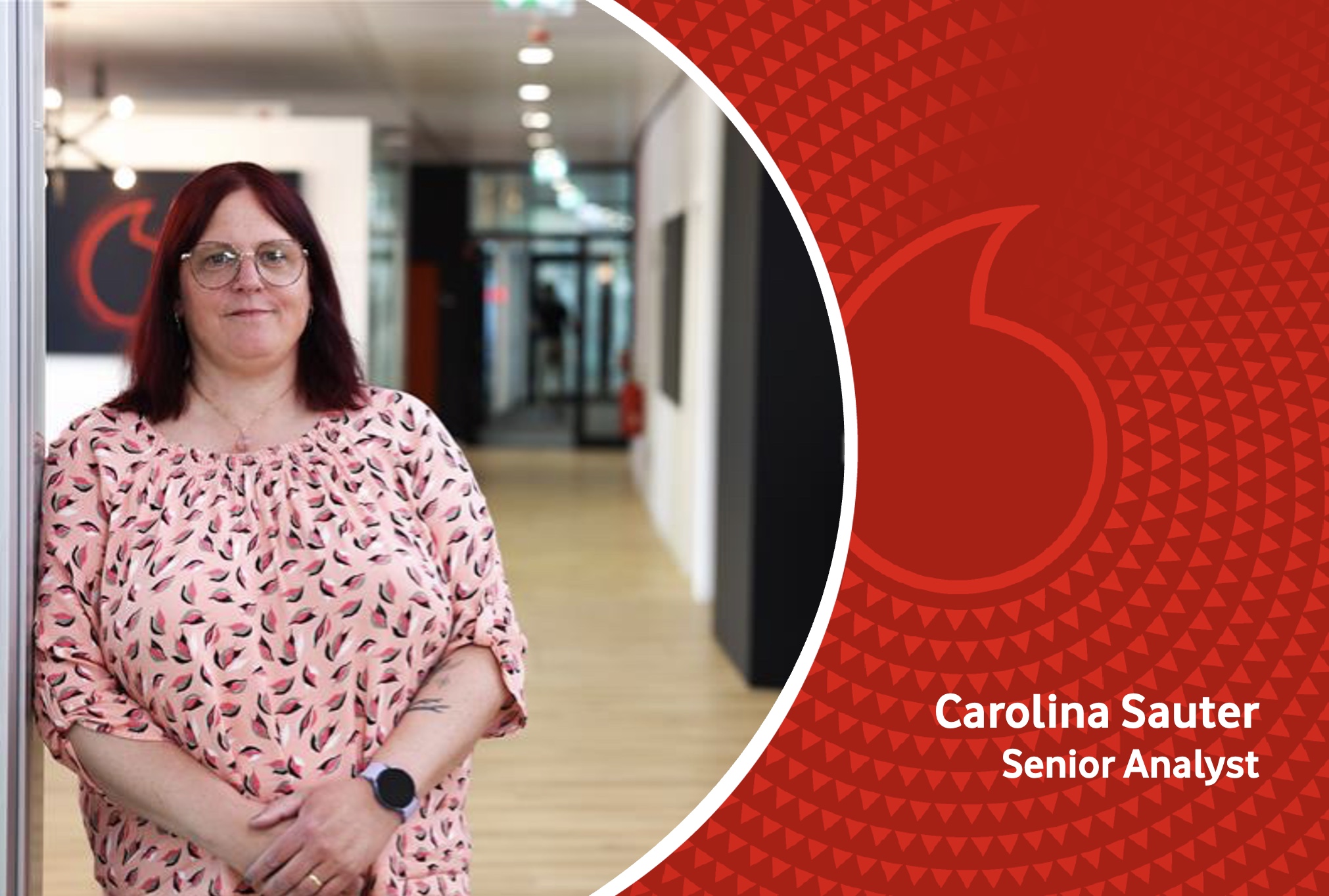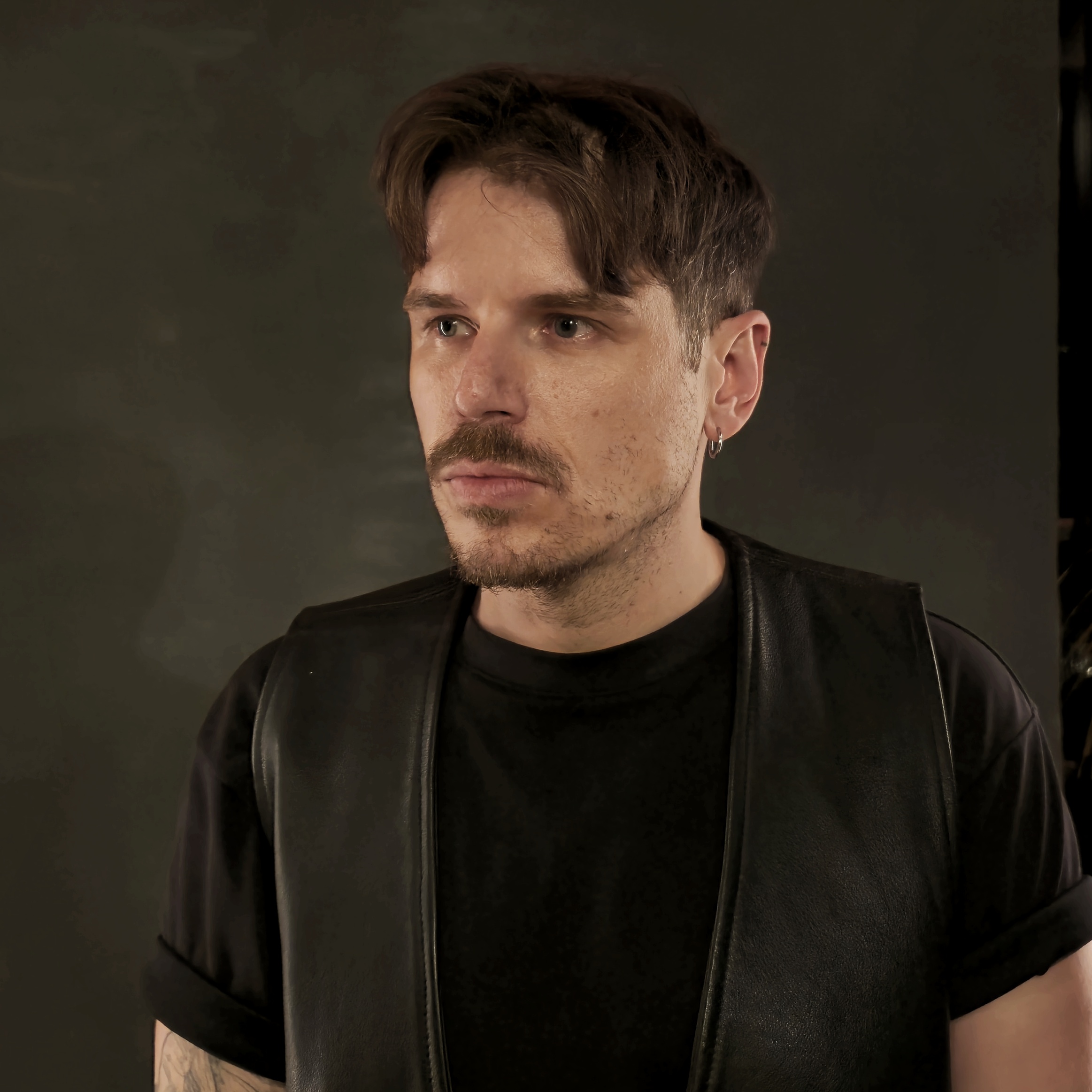
Sven van der Veen
Head of Rainbow@Vodafone NetworkHi, I’m Sven, Head of the rainbow@vodafone network in Vodafone Germany. Our mission is to create a safer space for the LGBT+ community at Vodafone – a place where we can belong and where diversity is celebrated. My focus is on authenticity, visibility, and community.
I strongly believe in the power of allyship. Allyship is more than just a buzzword – it is an active commitment to equality, diversity, and inclusion. But how does one become a good ally? How can each of us contribute to fostering an inclusive workplace culture?
I recently spoke with an allyship expert at Vodafone to explore the four key principles of allyship – the 4 A’s: Ask, Acknowledge, Act, and Amplify.
What does allyship actually mean in practice?
Allyship means actively supporting marginalized groups and recognizing that we all have a role to play in promoting diversity and inclusion. It is not about acting as a savior but about listening, learning, and taking conscious action.
 Albania
Albania  Czech Republic
Czech Republic  Deutschland
Deutschland  Greece
Greece  Ireland
Ireland  Italy
Italy  Luxembourg
Luxembourg  Netherlands
Netherlands  Portugal
Portugal  Romania
Romania 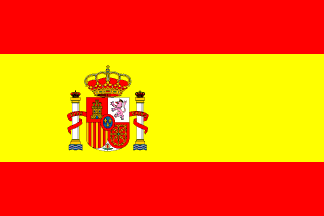 Spain
Spain  United Kingdom
United Kingdom  Asia-Pac Middle East
Asia-Pac Middle East  Turkey
Turkey  DR Congo
DR Congo  Egypt
Egypt  Ghana
Ghana 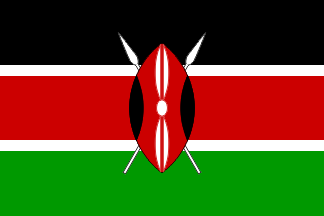 Kenya
Kenya  Lesotho
Lesotho  Mozambique
Mozambique  Nigeria
Nigeria 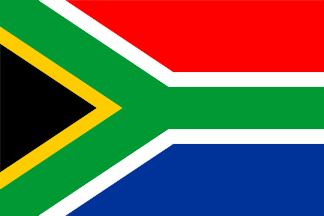 South Africa
South Africa 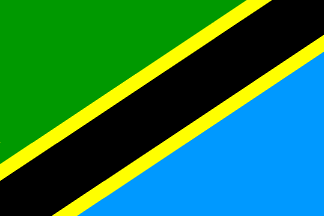 Tanzania
Tanzania 

